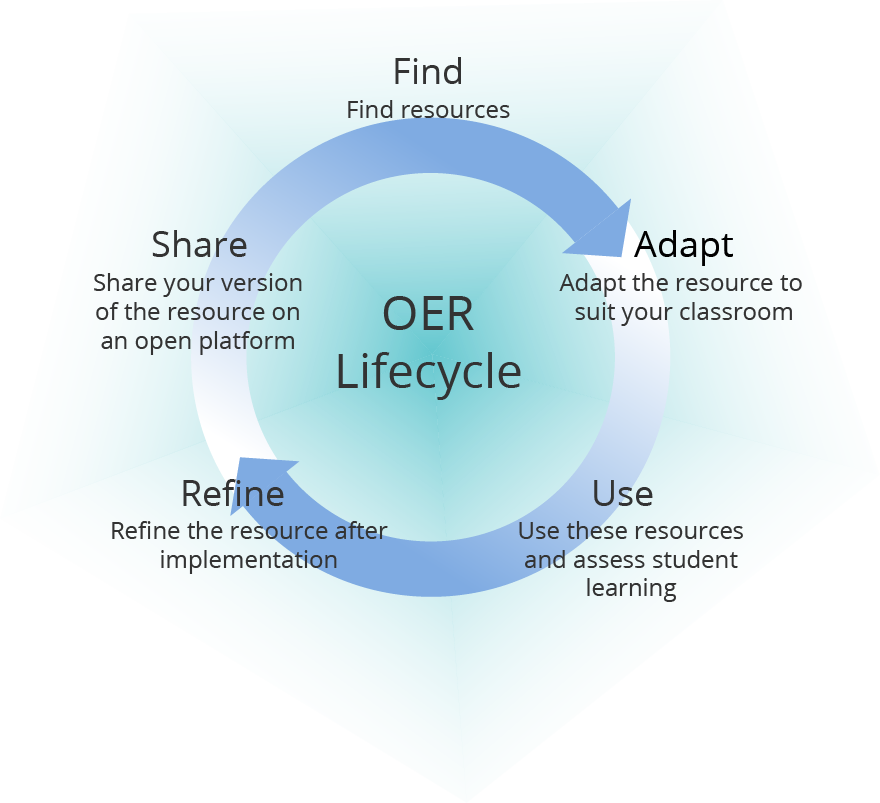Adapting QUBES Resources
Introduction
Introduction
This module is focused on submitting material through the QUBES resource system, but the concepts are applicable to any Open Educational Resource (OER) collection. The module is self-paced and interactive. There are knowledge checks embedded throughout and you will frequently be asked to evaluate your own work. While QUBES staff will eventually provide you with feedback, you are likely completing this module immediately before submitting your own resource. Thus it is essential that you are provided with the tools to assess your own progress.
If you have questions, feel free to post to the forum, contact your Faculty Mentoring Network (FMN) mentor, or email Hayley Orndorf, QUBES Project Manager (hco1 "at" pitt "dot" edu)
Throughout the module you will draft your adapted resource in the QUBES publishing platform. The Adapting a Resource Knowledge Base Article is also available as a summary of best practices with instructions for adapting a resource in QUBES. It may be helpful to open two windows or tabs when completing the module, so you can keep both the module and your draft adapted resource open.
Resource Displays
Published QUBES resources will be used as examples throughout this module. Most often, these resources will be displayed as cards within the page. The card displays the title, authors, version, tags, and basic metrics. Clicking the green button in the upper right displays the abstract. Clicking the title of the resource will open the full resource record.
Resources may also be displayed as lists, providing all the same information as cards, but with no image. Again, clicking the title of the resource will open the full resource record. As you complete the module, consider how your work will be displayed in these formats.
Card view
Answer Checking
Version: 1.0
List view
Answer Checking
Version: 1.0
Open Education and the OER Life Cycle
Game Changer: Open Education is Changing the Rules
In this module you will explore how to adhere to OER best practices. Some of the tasks may seem overly technical and detailed, but understanding and following these best practices are critical in ensuring others can benefit from our work. How you submit an adapted resource matters to you, your students, and the entire QUBES community. Take a moment to reflect on the power and promise of OER for students, instructors, and learners everywhere by watching "Game Changer: Open Education is Changing the Rules" produced by ISKME.
Open Educational Resource Life Cycle
Did you know that Open Educational Resources have a life cycle? You have probably experienced Finding, Adapting, and Using resources, but may struggle to complete Refinement and Sharing. QUBES Faculty Mentoring Networks aim to support instructors through the entire OER life cycle. This module hones in on "Share." While the technical components will be specific to the QUBES resource system, the concepts and best practices apply to sharing on any open platform.

Open Education and the continuation of the OER Life Cycle is truly made possible by open licenses. Open licenses not only allow, but encourage the adoption, adaptation, and sharing of work. The QUBES resource system allows users to select from the six Creative Commons licenses when publishing.